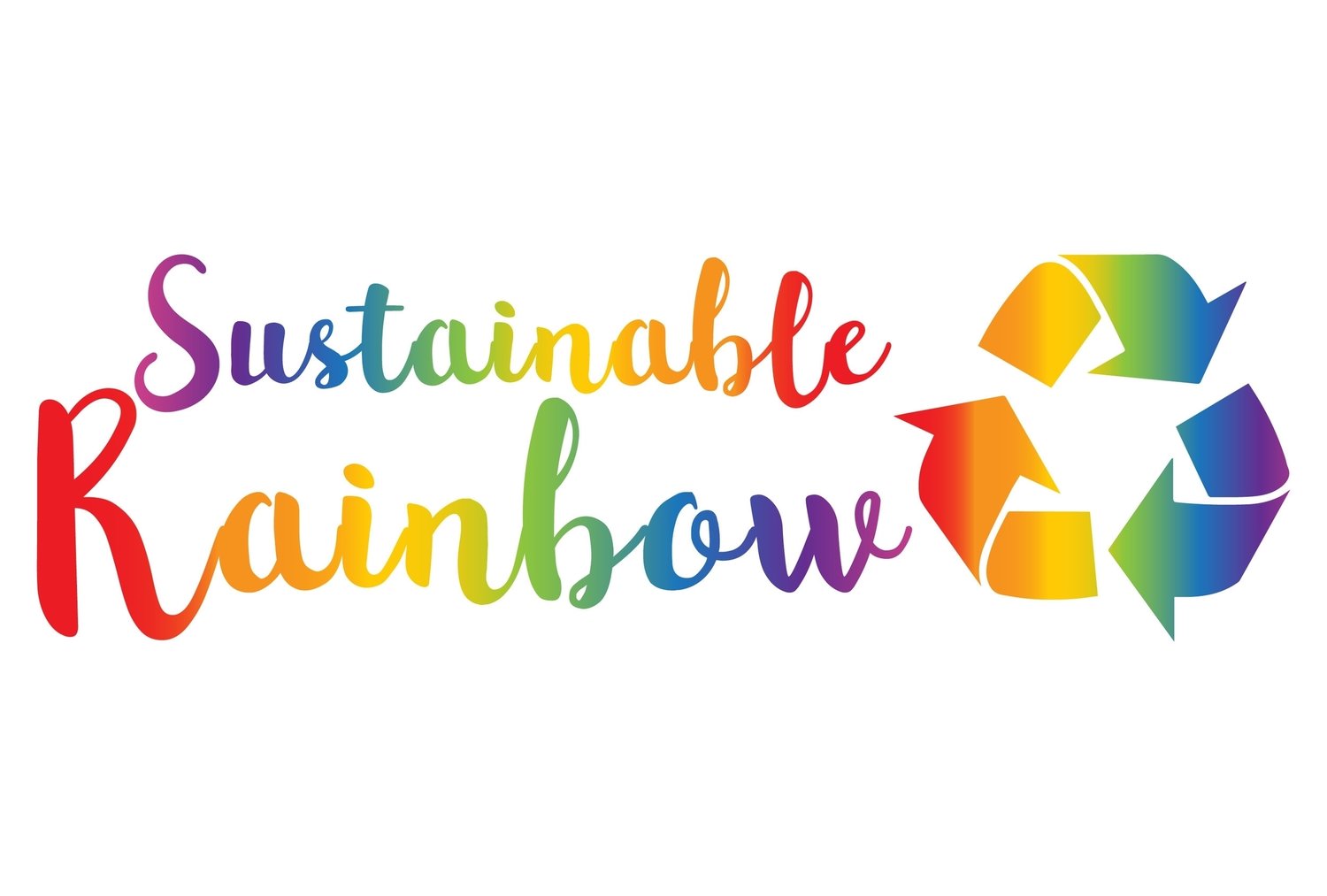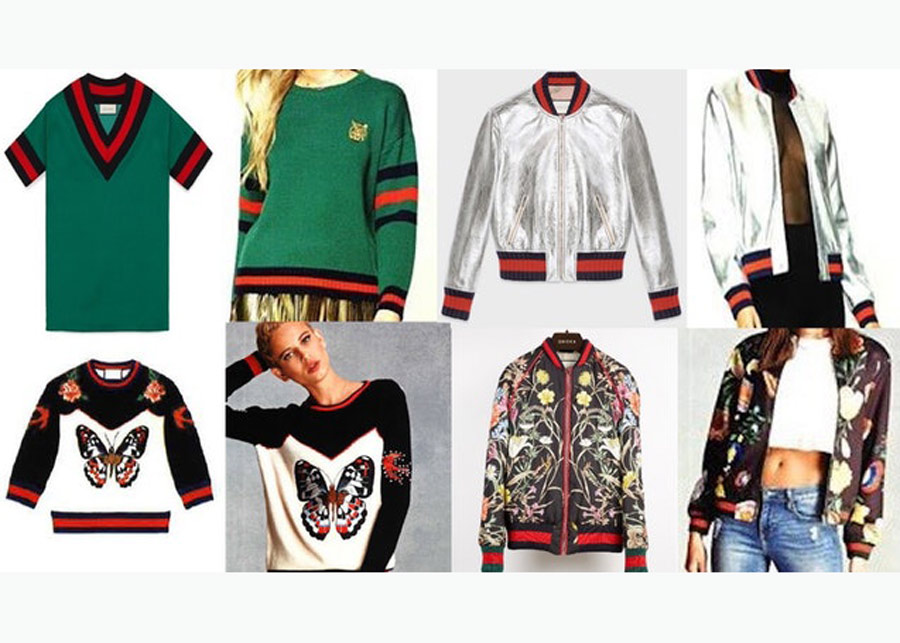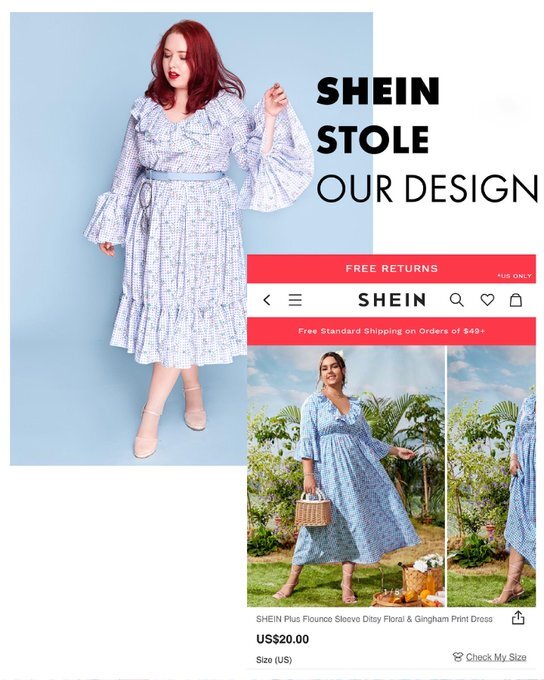Updated 7/25/21
New Standards of the Fashion Industry: How fashion's 52 seasons a year have changed how brands operate.
There was once a time, in the not so distant past, when fashion designers released new collections 2-4 times per year: Spring/Summer, Autumn/Winter, sometimes with PreFall or Resort collections thrown in for good measure.
Times have changed.
Now, fast fashion stores (H&M, Zara, Forever 21, SheIn, Topshop, Express, Urban Outfitters, ASOS, Old Navy, Francesca's, just to name a few) release new "collections" on a weekly or even daily basis, at rock-bottom prices, giving consumers the ability to refresh their wardrobe with on-trend pieces as often as they go grocery shopping. Some prices are so low, you could buy a new dress for the same price (or less!) than buying a sandwich at your local deli. When prices are this low, you don't even need to justify the purchase by asking if you actually love it, or would wear it more than once, and if the quality is low you can say "well, it's only $10 so if I only wear it once before it falls apart then that's ok!"
But that's where the problem lies.
First of all, if a dress costs $10, let's consider all of the people involved in bringing it to you: the designer, the fabric providers, the seamstresses, the transportation cost to get it to your store (or the online boutique), and the store's markup. Oh, and the factory owners and the store's owners are probably going to want a cut too. So how much does that leave everyone with (especially the ones who actually MADE the dress)? Next to nothing.
When high-end retailers create runway looks, fast-fashion businesses are watching as those looks are debuted. Then they scramble to copy them as fast as they can, cutting as many corners as possible to bring you these designs within 2-3 weeks of their original runway debut. There's obviously the issue with copying, as Forever 21 is no stranger to, and they have openly aditted to not employing any designers, ''just very savvy designer merchants,'' according to the vice president of Forever 21's merchandise, Lisa Boisset, in a 2007 interview. Further, she admits in the same interview that "the company (Forever 21) works with many suppliers and does not always know where their ideas originate."
High-end brands like Gucci aren't the only ones Forever 21 is coming for! Independent brands are just as likely to get their ideas stolen. Take Wildfang, for example.
The really sad part about this particular knockoff situation is that Wildfang donates 10% of proceeds from the sales of their shirt to Planned Parenthood and the ACLU, something that I'd be willing to bet money Forever 21 is not doing.
Another fast-fashion retailer, Francesca's, has been known to steal designs as well. One example that was all over social media last year with the hashtag #stoparttheft was their pin theft. These independent pin designers filed a lawsuit against Francesca's, alleging that they “contracted with O.K. Originals and Orion, both notorious distributors of knockoff and copycat goods, to supply Francesca’s with infringing copies of Plaintiff Artists’ pins.” So there are companies out there who are routinely creating these copies for fast fashion companies, making them cheaply and quickly, and the companies are getting away with it.
Zara is also guilty of copying independent designer's pins. But the people who had their designs stolen are speaking up and taking a stand with their website Shop Art Theft, where you can easily shop the original designer's creations.
Even bigger brands are guilty of copying independent designer's ideas. Marc Jacobs recently stole multiple designs by Katie Thierjung (@theuncommonplace on Instagram), as well as designs by other artists, and while she took action by filing a lawsuit a year ago, the legal battle is still going on. Big companies tend to have much more money at their disposal than independent artists, making it much harder for these hard-working artists to protect their art.
For more on pin theft, check out pintheft.com, a site set up by artists, for artists. From their site: "The purpose of this website is to spread awareness about counterfeits, encourage responsible shopping, and provide resources for artists." It contains a database of all known counterfeit pin designs, and you can submit any fakes you find to be included. It's a good place to check before you hit "buy" on that too-good-to-be-true deal you found on a cute enamel pin!
Today, just before I hit 'publish' on this post, I stumbled upon two more similar incidents.
Big Bud Press's signature rainbow sweater is being copied by Urban Outfitters, according to their Instagram Story.
Sometimes, when one fast fashion company copies a design, others join in. Swimwear company SAME reportedly had two of their swimsuit designs stolen by Forever 21 last week, and today they shared on Instagram Stories that ASOS has also stolen one of those same designs.
SAME’s original design
Forever 21‘s version (left) and ASOS’s version (right)
The continous copying has led people to speculate that Forever 21 expects these lawsuits to come up, having money set aside in their budget for just such a thing as part of their business model. It makes sense financially for the retail giant to pay off a brand after copying their design and making money off of it, rather than paying for a licensing deal up front. But is it ethical?
Clearly original designers ideas aren't being respected in the world of fast fashion, but there are still other areas that need to be addressed: the fabric needed to make these garments and the chemicals involved in creating them, the people making the garments and how they are being treated, and the transportation/overall environmental impact of the fast fashion industry. I will be addressing all of these issues and more in future posts, so stay tuned!
2021 update: Shein continues to steal designs nearly constantly from small designers, but it is especially infuriating when they steal designs from sustainable, ethical brands, as they are the antithesis of this.
Below, you can see some examples of Shein stealing designs by Wilde Mode and LOUDBODIES, two brands who are out here doing amazing things in the sustainable fashion world! You can read about WIlde Mode winning their lawsuit against Shein here. The sad reality is that most brands don’t have the resources to fight against a huge corporation, so most don’t win that battle.













